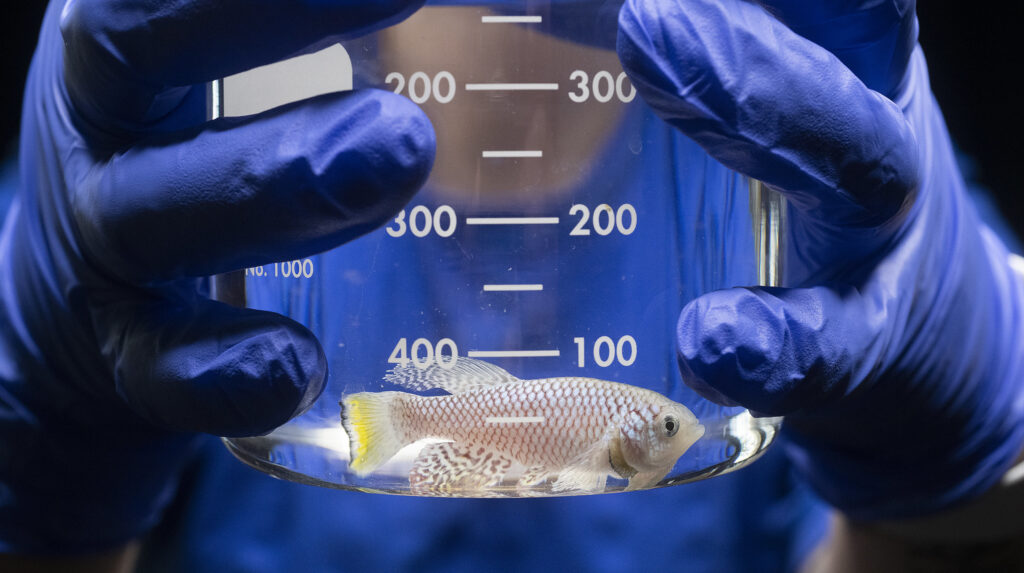
Maine’s hidden scientific gem
Tucked away on a Mount Desert Island cove, the MDI Biological Laboratory is one of Maine’s hidden gems. For more than a century faculty and students at the non-profit institute have been working from the frontiers of science to advance our understanding of biology and human health.
Now, as MDI Bio Lab marks its 125th anniversary, President Hermann Haller, M.D., and the team are intensifying their search for answers to some of the most pressing biological questions of our time:
- How do we slow the onset of degenerative disease to help us live longer, healthier lives?
- How do we enhance our natural ability to heal, making it possible to repair the damage caused by injury or disease?
- Is it possible to grow new organs using a patient’s own stem cells?
Many of the research techniques, diagnostic systems and medical therapies used today to identify and treat kidney disease, high blood pressure and cancer were initially studied and developed at MDI Bio Lab.

Now our researchers are using and building powerful new tools: bioinformatics, 3D microscopes and lab-grown “organoids” developed at MDI Bio Lab will aid the discovery of new approaches to treat disease and extend lives.
“Our scientists are working on cutting-edge solutions that one day will allow us to regrow and repair organs and limbs, and to better ward off the diseases of aging,” Haller says. “We‘re studying animals such as African turquoise killifish and axolotl salamanders to leverage nature’s most basic mechanisms of regeneration and repair.”
Medical goals that might have seemed like science fiction 20 years ago are now within our grasp, he says. “That is such exciting news for Maine and the rest of the world.”